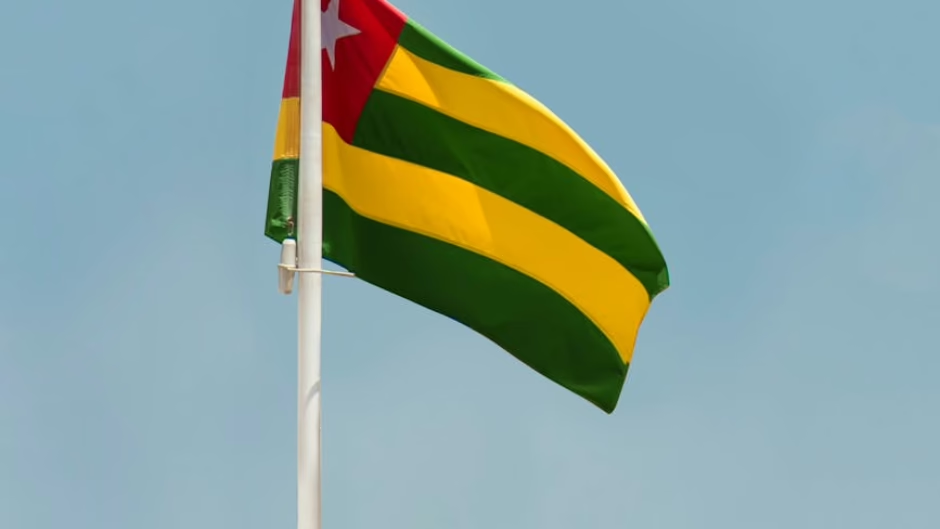With so much coverage over the past several months of the Green Revolution in Iran, it’s easy to forget how often disputed election results occur in nascent democracies, how often this leads to street-level protests, which end up, far too frequently, with street-level violence. And even without violence, disputed election results, whether caused by wholesale corruption in the worst cases, or honest mistakes in the best cases, damage presidencies and the overall reputation of democracy. Most recently, Afghanistan’s disputed election last year has undermined President Karzai’s government, while the disputed 2000 election in the United States—arguably the oldest and most stable democracy in the world—led to a weakened first term for President Bush and fervent calls for electoral reform.
Last week, the western African nation of Togo—one such fragile democracy—held one such election. President Faure Gnassingbé amassed 60.9 percent of the vote to win reelection, while Jean-Pierre Fabre, the opposition leader, won 33.9 percent. However, these results have come under scrutiny, not only because they are so lopsided, but additionally because of Togo’s special history.
For 38 years, from 1967, when he led a bloodless coup to assume the presidency, to his death in 2005, Eyadema Gnassingbé was the president of Togo and the longest-sitting ruler in Africa. Following his sudden death, the military installed his son, Faure, as president, despite Togo’s constitution calling for power to be transferred to the speaker of the parliament. Faure relented months later and stood for election, which he won handily. A United Nations report claims that after the 2005 election, pro-Gnassingbé militias hunted down and killed many opposition voters. Perhaps as many as 400 people were killed in the aftermath of the 2005 election, while 40,000 are thought have fled to neighboring countries.
Since the results of the election were announced Saturday, Mr. Fabre, the Secretary-General of the opposition party Union of Forces for Change (UFC), has refused to stand down. “I am ready to die,” he said to reporters this weekend. “We’re going to make them exhaust their stock of tear gas. We cannot let this go on, otherwise they’ll hang on to power for the next 200 years.” The protests and demonstrations around the country have since grown and could potentially turn violent. He led supporters on a march on Sunday, which the police dispersed with tear gas. They took refuge inside their headquarters with tear gas canisters still exploding outside. Police have since blocked off three roads leading to the opposition headquarters in order to stop protesters from blocking boulevards as they continue to demonstrate.
While the Associated Press reports that the European Union’s election observers did not find evidence of vote tampering or ballot stuffing, they did determine that the ruling party may have attempted to buy off voters by distributing rice to voters at prices far below market value, a move Gnassingbé’s spokesman Pascal Bodjona said was actually a donation by business leaders who supported the president. The opposition also believes that voters were intimidated and reminded of the aftermath of the 2005 elections, as well as being told that the inked fingerprint voters were required to leave on their ballots could be used to identify them.
“The ruling party told our supporters that when they put their fingerprint on the ballot, they’re going to be able to come and find them,” Mr. Fabre said. “They gave money to buy people’s consciences, there is fraud on a massive scale, we have the proof in our possession.”
The important question this story raises is: how can young democracies protect themselves from the fallout of disputed or manipulated elections? If history is any guide, we know that this is not only an issue for the younger democracies. However, the United States weathered the 2000 presidential election, and the electoral reforms it led to have arguably made the U.S. a stronger democracy. Sadly, however, the histories of nascent democracies offer fewer stories of success.






[…] a very nice email from a reader: I read your recent post about the possible fraud in Togo’s 2010 election, and your insight of the importance of democracy and deep concerns really impressed me. I think you […]